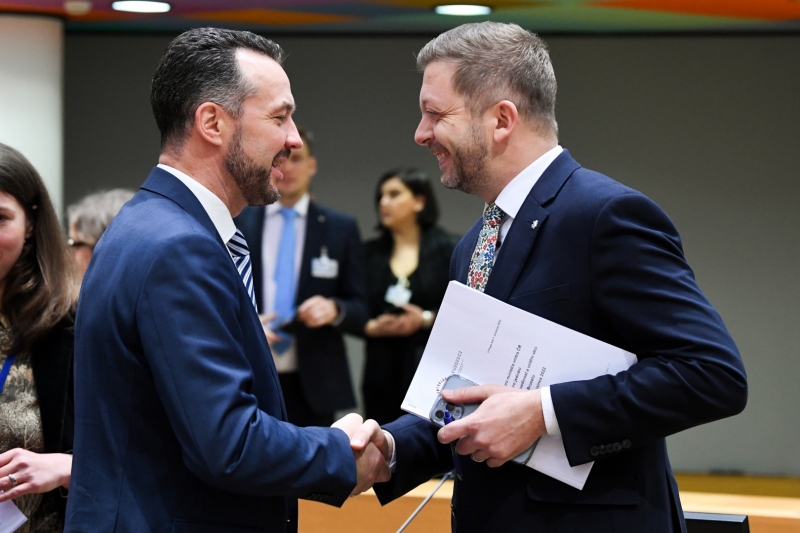On 8 December, the Minister for the Interior, Kristaps Eklons, attended a meeting of the Justice and Home Affairs Council of the European Union (EU) in Brussels. One of the central issues on the agenda of the meeting was the need to agree on the admission of Romania, Bulgaria and Croatia to the Schengen area. Latvia expressed its support for their admission to Schengen, noting that these countries have fulfilled all the conditions.
The ministers also discussed strengthening cooperation with migrants’ countries of origin and the effective return of third-country nationals who have no legal right to be in the EU. Until now, Latvia has also always emphasized that the main focus should be on using and improving existing forms of cooperation as effectively as possible, as well as on developing cooperation with migrants’ countries of destination, transit and origin, in order to stop and prevent illegal migration flows as much as possible.
During the meeting, the Czech Presidency also informed on the ongoing work on the Migration Pact and the way forward, as well as on the discussions on the proposal for a Regulation on addressing situations of instrumentalization in the field of migration and asylum.
The question of Russian aggression in Ukraine does not lose its relevance on the agenda. Accordingly, at this meeting ministers continued their discussions on the situation of Ukrainian war refugees in the EU and internal security issues. Taking into account the current challenges of crisis management, Lithuania, Latvia and Estonia have invited the European Commission and the Presidency in a joint letter to consider organising a special ministerial meeting to discuss the role of civil protection in coping with current risks and further strengthening the EU’s collective resilience to crises.
The Presidency briefed ministers on progress in discussions on the proposal for a Regulation of the European Parliament and of the Council laying down rules to prevent and combat sexual abuse of children, issued by the European Commission on 11 May, the primary aim of which is to introduce clear, uniform EU rules for preventing and combating sexual abuse of children, in particular by clarifying the role and responsibilities of online service providers. The proposed regulation obliges online service providers to detect, report, remove and block known and new child sexual abuse material.
Photo: Minister for the Interior Kristaps Eklons and Vít Rakušan Minister for the Interior of the Czech Republic, Copyright: European Union
Ministry of the Interior
Communication Department
kn@iem.gov.lv



